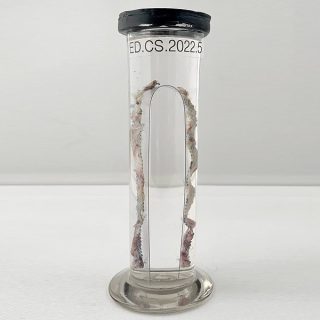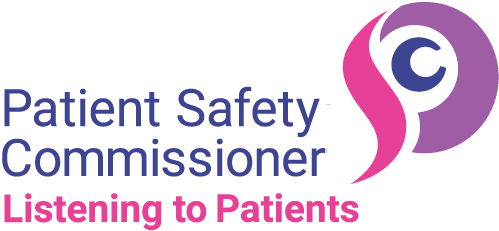
PSC and Ombudsman call for overhaul of complaints system
The Patient Safety Commissioner and the Parliamentary Health Service Ombudsman have written to the DHSC Permanent Secretary Chris Wormald calling for a shift in culture in the NHS in relation to the way complaints are handled. In their letter, Dr Henrietta Hughes and Rob Behrens call for senior management in the NHS to proactively engage with the Complaints Standards and take proactive steps to embed a culture that learns from mistakes within their organisations.

New monitoring system for the safe use of potent teratogenic medicines agreed
NHS England has accepted a recommendation by the PSC to improve the safe use of the most potent teratogenic medications that can cause hard to unborn children by monitoring activity by Integrated Care Boards.
Dr Hughes recommended for NHS England to have a fully funded and resourced system for improving the safe use of these medications, through a National Quality Improvement Programme, starting with the safe use of sodium valproate. The Commissioner believes that this should be implemented by September 2024 for sodium valproate, before expanding to cover any medication with a Pregnancy Prevention Programme by September 2025.

Law on valproate packaging changed
Following work by the Patient Safety Commissioner, the Human Medicines Regulations Act 2012 has been changed and safety warnings will be provided with every valproate-containing medicine. This means these medicines will be dispensed in the original full pack with the relevant warnings about the risk to pregnant women.
The Medicines and Healthcare products Regulatory Agency (MHRA) has issued new guidance for dispensers to support this change.

Resource for patients on pelvic mesh
A new resource for patients to help GPs identify the complications of pelvic mesh has been issued by the Patient Safety Commissioner. Developed in partnership with campaign groups Sling the Mesh and the Rectopexy mesh victims and support, the resource is a letter that patients can take to their GP. It explains signs and symptoms of women presenting with pelvic mesh-related conditions and if required, where to signpost them for further help. Pictured is an example of pelvic mesh on show at the Surgeons’ Hall Wohl Pathology museum in Edinburgh.


